
[ad_1]
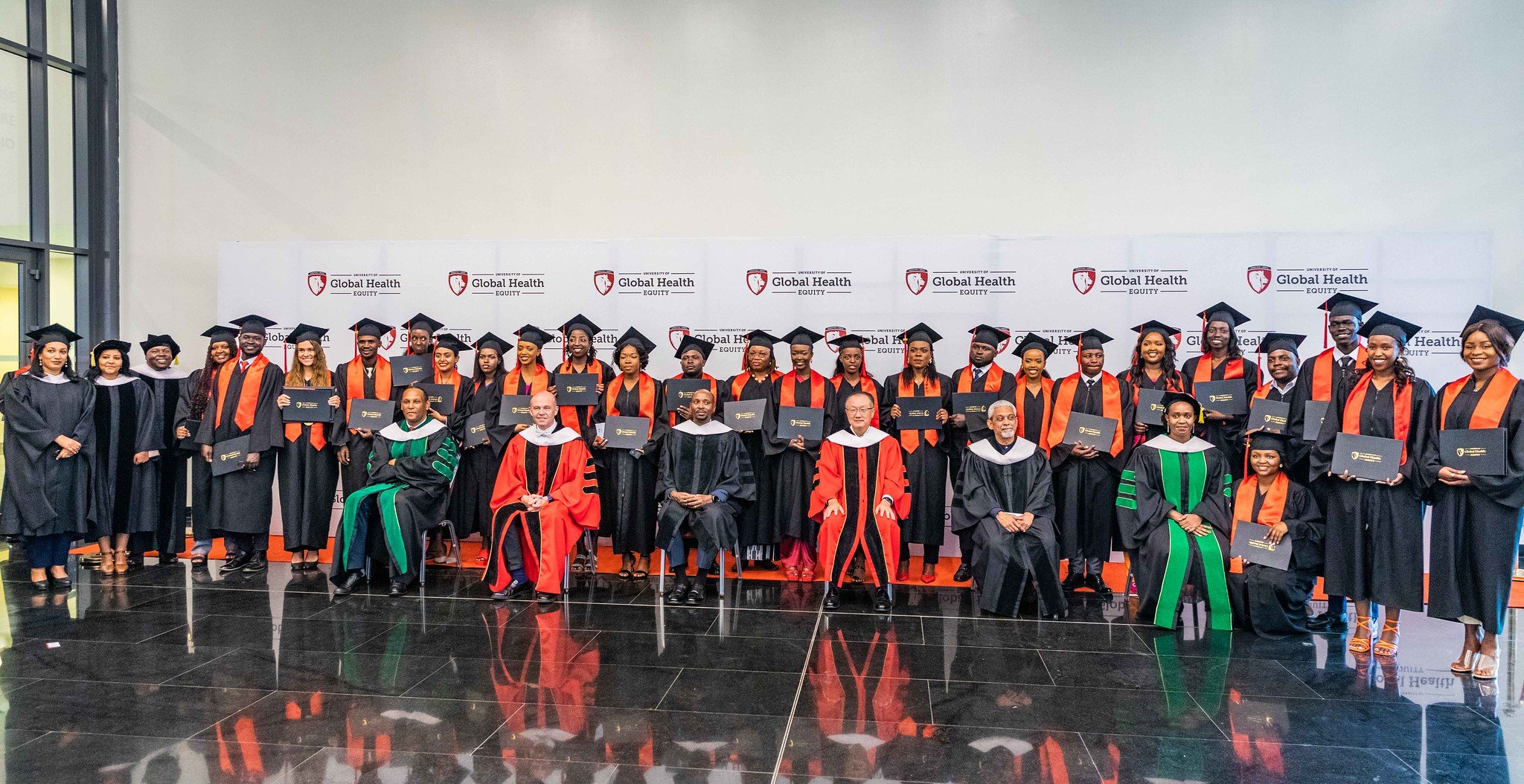
The ninth cohort of the Master of Science in Global Health Services (MGHD) includes students from Burkina Faso, Ethiopia, Ghana, Jamaica, Kenya, Liberia, Malawi, Nepal, Nigeria, Rwanda, Sierra Leone, Somalia, South Sudan, Uganda, the United States and Zambia.
It was a huge joy for their families, university administrators, classmates and friends, all of whom were there to help them celebrate the progress they had made and the knowledge they had gained after a difficult year.
Graduates include 32 women and 22 men studying Gender, Sexual and Reproductive Health, Health Management and One Health, as well as those studying in the new Surgery (Global Surgery).
After completing their studies, they expressed their willingness to contribute to the people’s healthcare without saving.
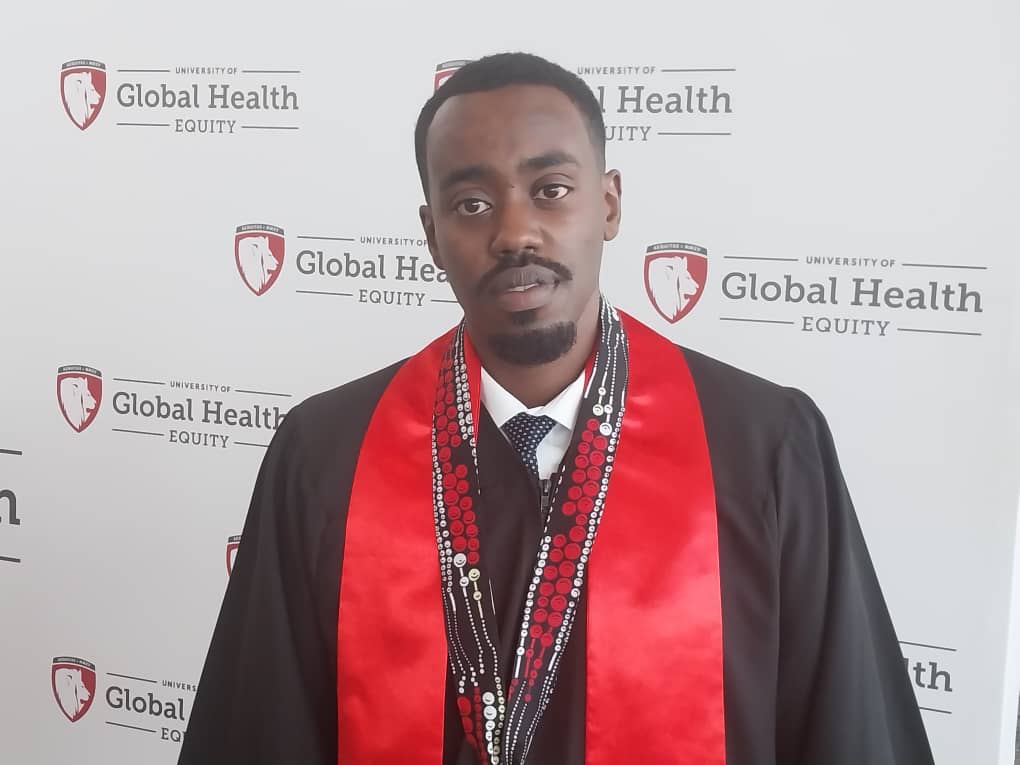
Praise for Hugol, one of the best scorers
Shema Hugor is one of the graduates in the Integrated Health (One Health) area of the University for Global Health Equity.
He said they have learned how to fight diseases by combining knowledge from animals, humans and other environments, studying the connections between them and what they teach to prevent epidemics such as COVID-19 that have broken out in recent years. He said the knowledge gained is useful because it helps detect certain symptoms early, which can help prevent epidemics before they occur.
The medical industry is often accused of insufficient number and inadequate ability of doctors. Some people complain about poor service from doctors, some ask to go abroad for medical treatment, which is expensive. Their families, and some people refuse to go abroad for treatment.
Shema said the problem is expected to be addressed based on the steps taken by the Rwandan government through the Ministry of Health’s 4 X 4 programme to improve medicine and increase the number of medical schools in Rwanda.
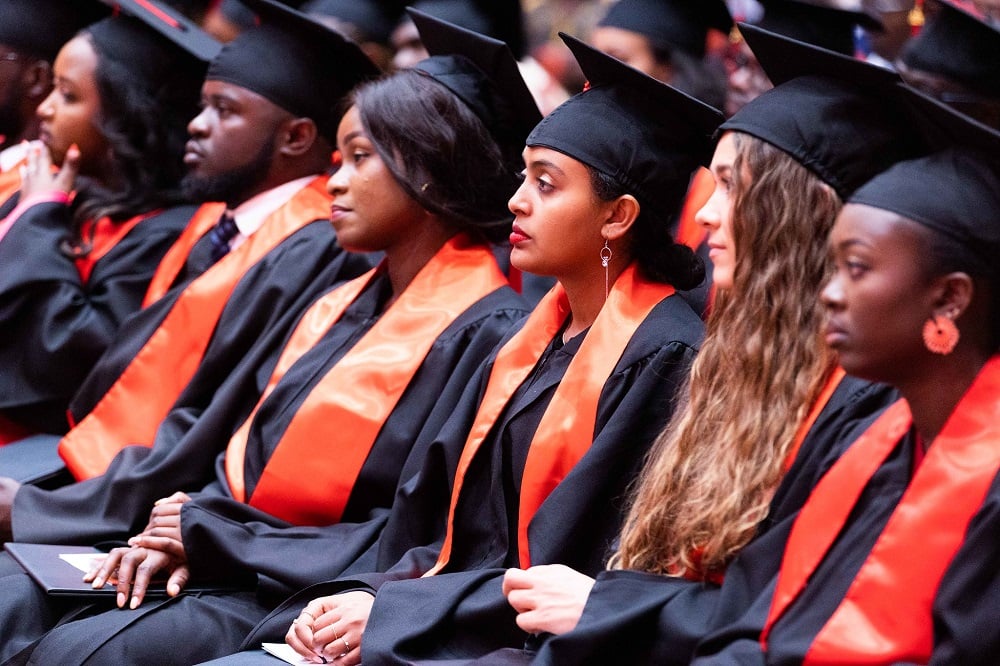
He said: “Look at the good examples of those who graduated before us and see what level they have reached. The Secretary of State at the Ministry of Health, Dr. Yvan Butera, is one of the students in the program. You can see his contribution to improving the health sector and there are many other experts who help in health at this UGHE university. The hope of achieving results is great because what we learn will find solutions to the problems that still exist in the world medical community, especially in Rwanda.”
One of the signs of Rwanda’s medical development is that some treatments that were previously sought abroad are now being performed in Rwanda, such as kidney transplants and other advanced surgical treatments. Such treatments are expected to help Rwandans and others, mainly from African countries.
The Minister of Health, Dr Sabin Nsanzimana welcomed the graduates of UGHE and told them that much work awaits them in taking care of the health of the people.
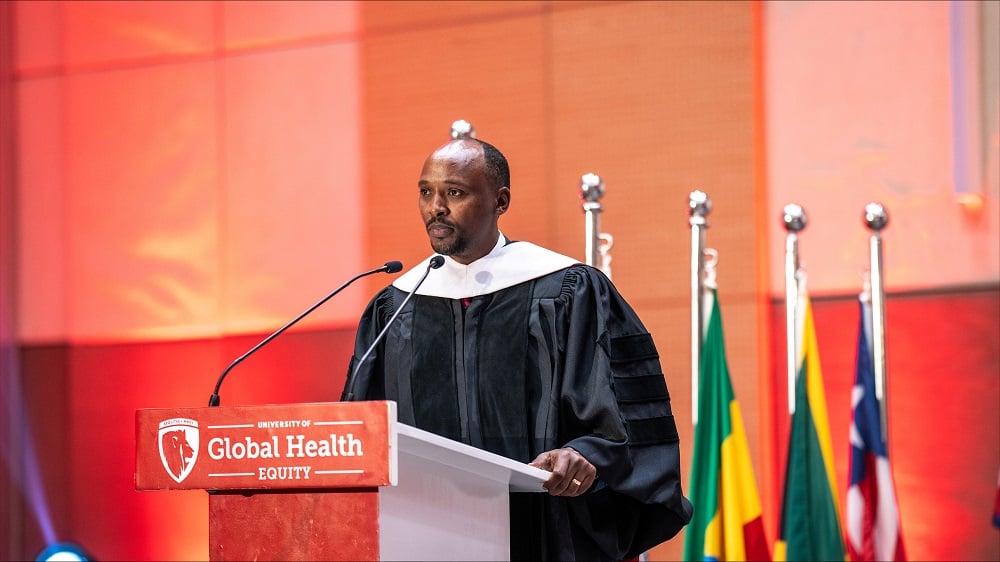
Minister of Health, Dr. Sabine Nsanzimana
He said about ten of the university’s graduates last year were employed by the Ministry of Education with satisfactory results. He also praised the Secretary of State of the Ministry of Education for also graduating from the university, noting that the quality of the education it provides is beyond doubt, given that the university was recently ranked among the top eight universities in sub-Saharan Africa that provide quality education.
On addressing the shortage of doctors, Minister Nsanzimana went back to Rwanda’s decision to increase the number of medical and nursing graduates in order to quadruple their numbers in the next four years.
He said: “Our goal is not only to increase the number, but also to improve the quality of education and health care we provide. When we are happy that he starts to get involved, we are confident that we can achieve this goal together.”
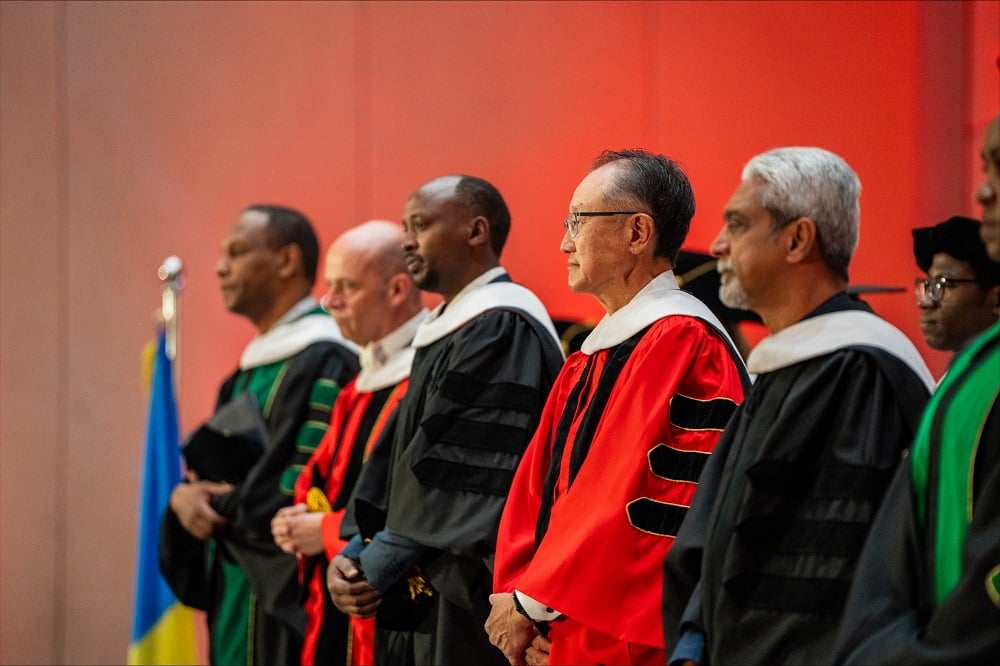
Minister Nsanzimana told the graduates that they now have all the qualifications because technology has advanced and is what people expect and this is their opportunity to use it so that they can do better.
Professor Philip Cotton, director of the University of Global Health Equity, said the university’s goal is to create a world where everyone, even those on a moderate income, can access advanced healthcare wherever they live. He said he believes the graduates will play a role in achieving that goal.
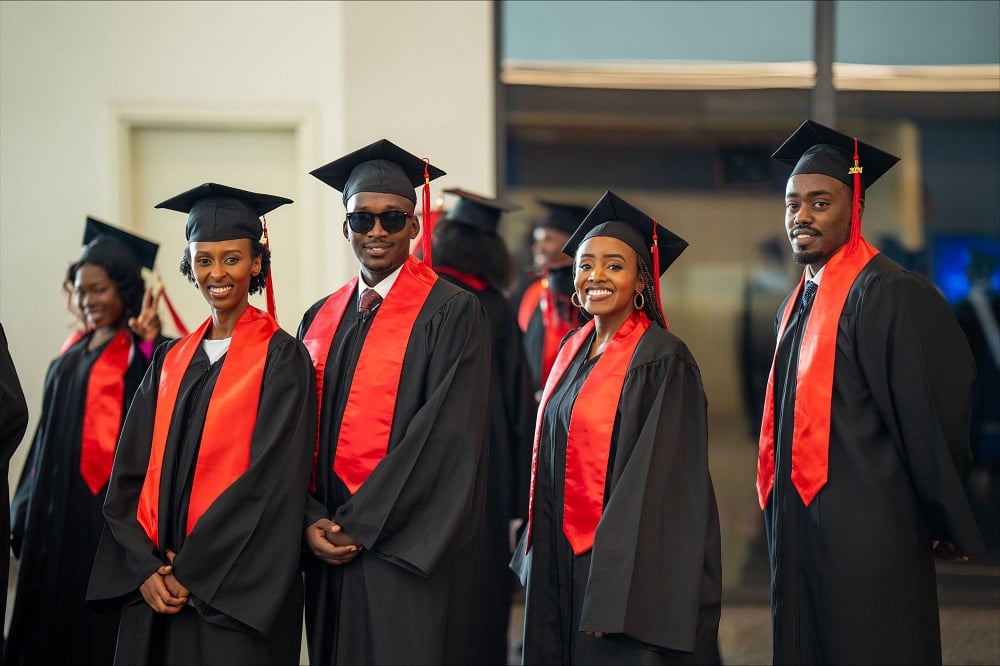
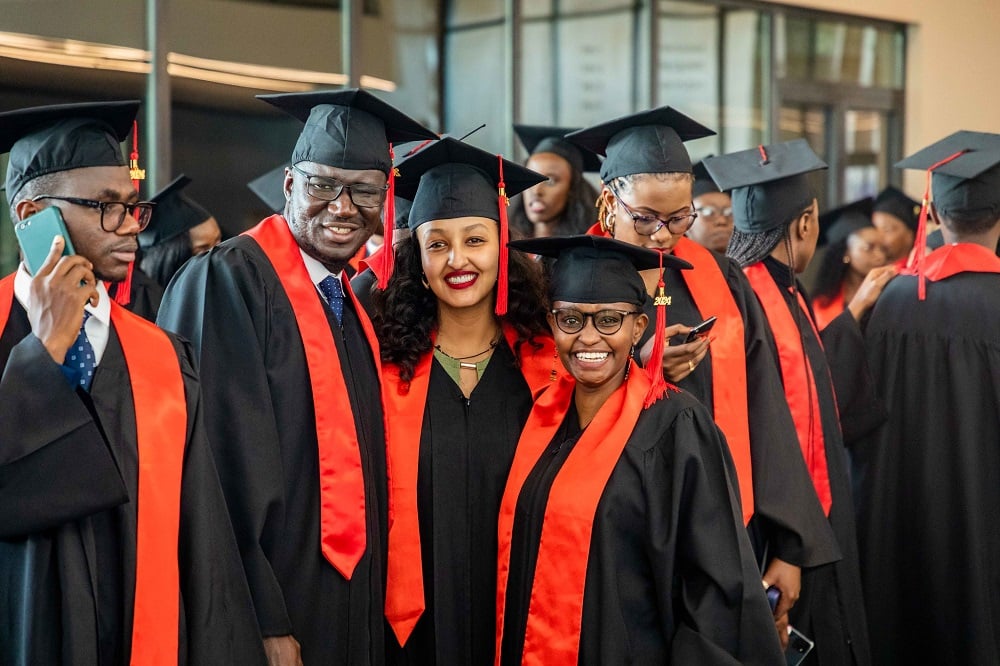
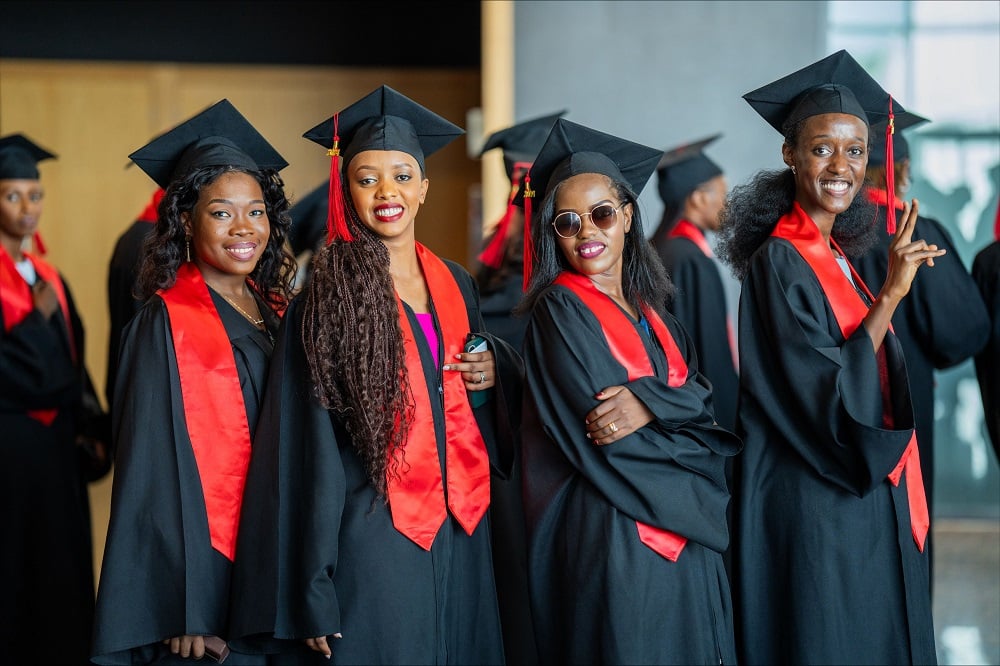
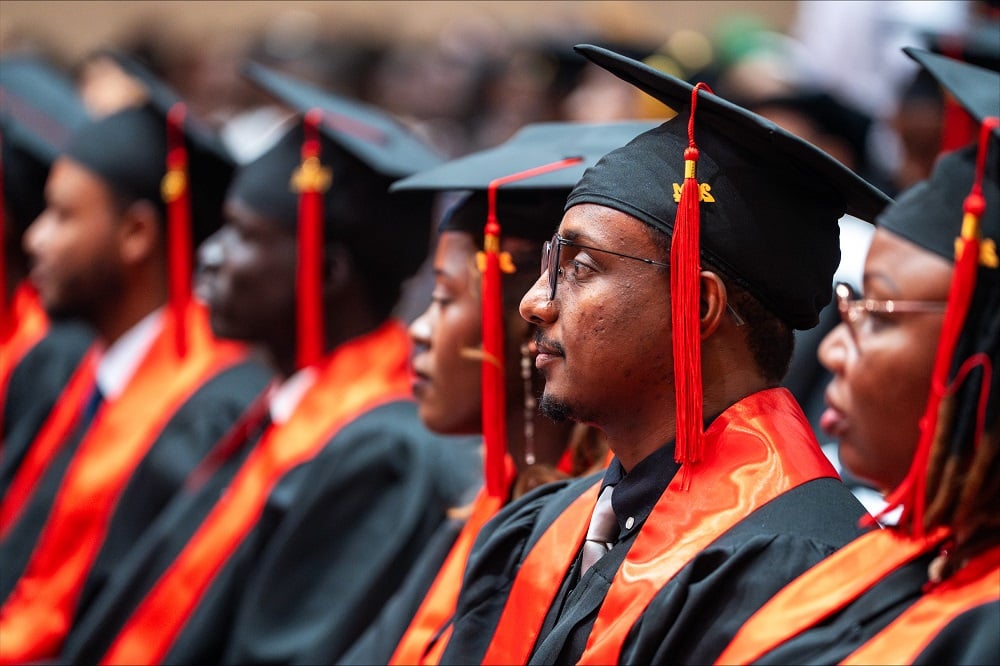
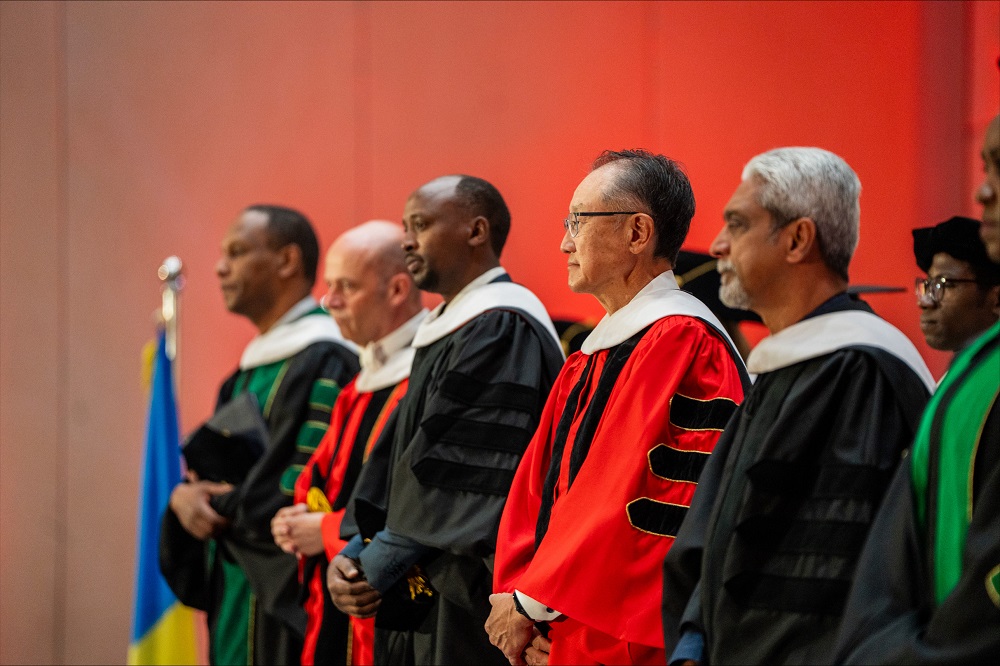
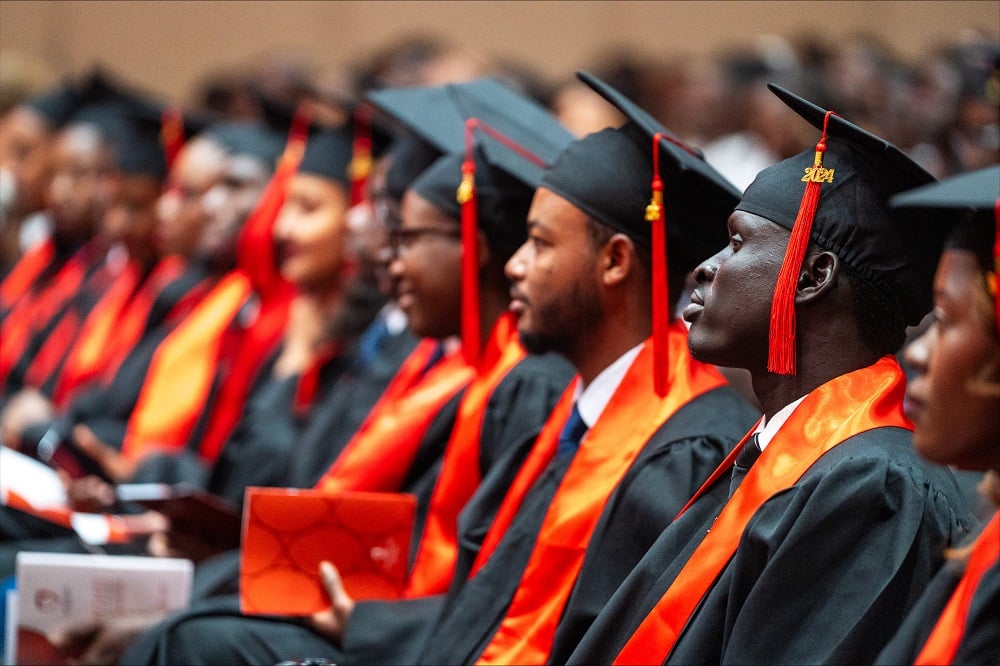
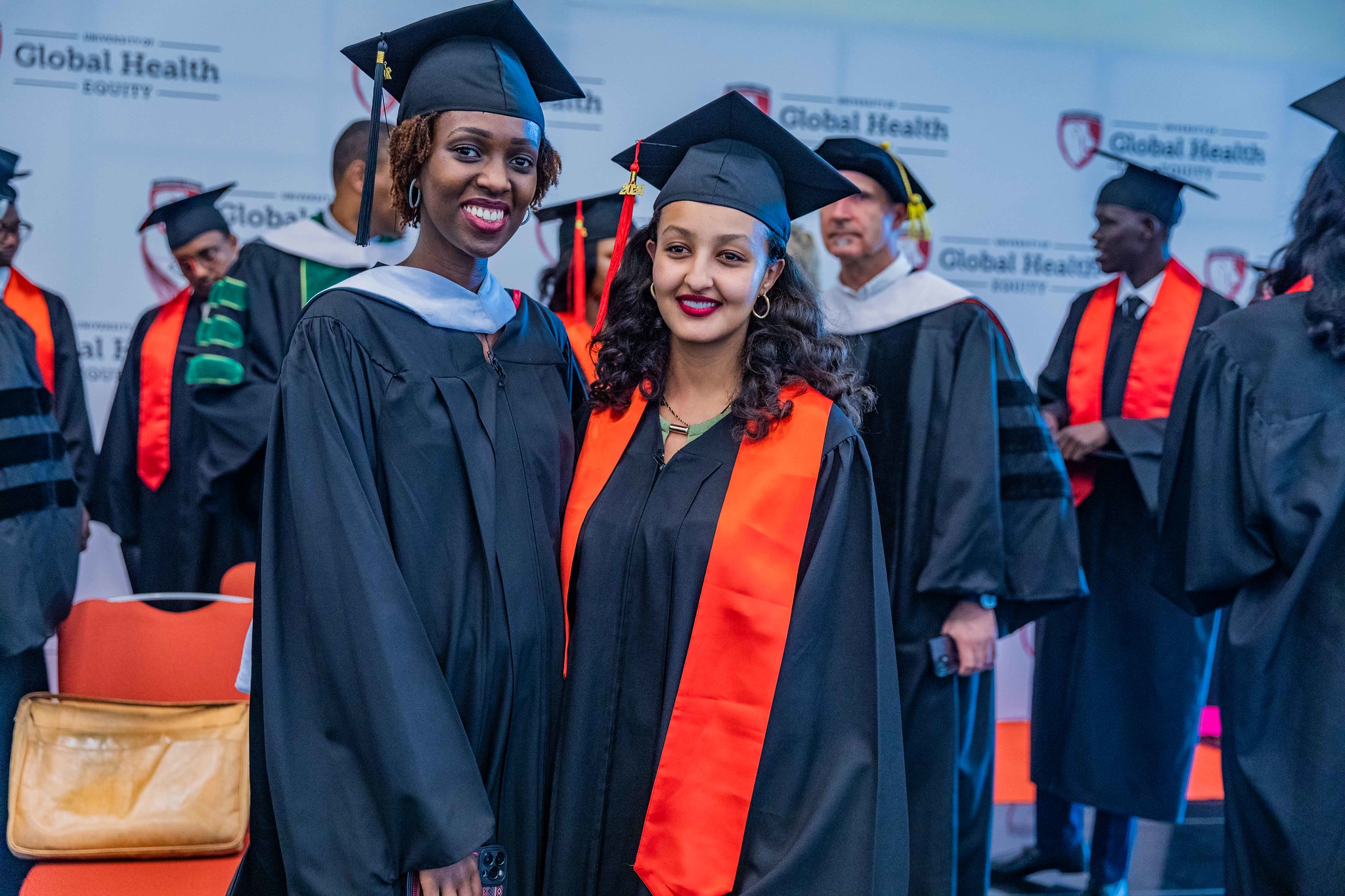
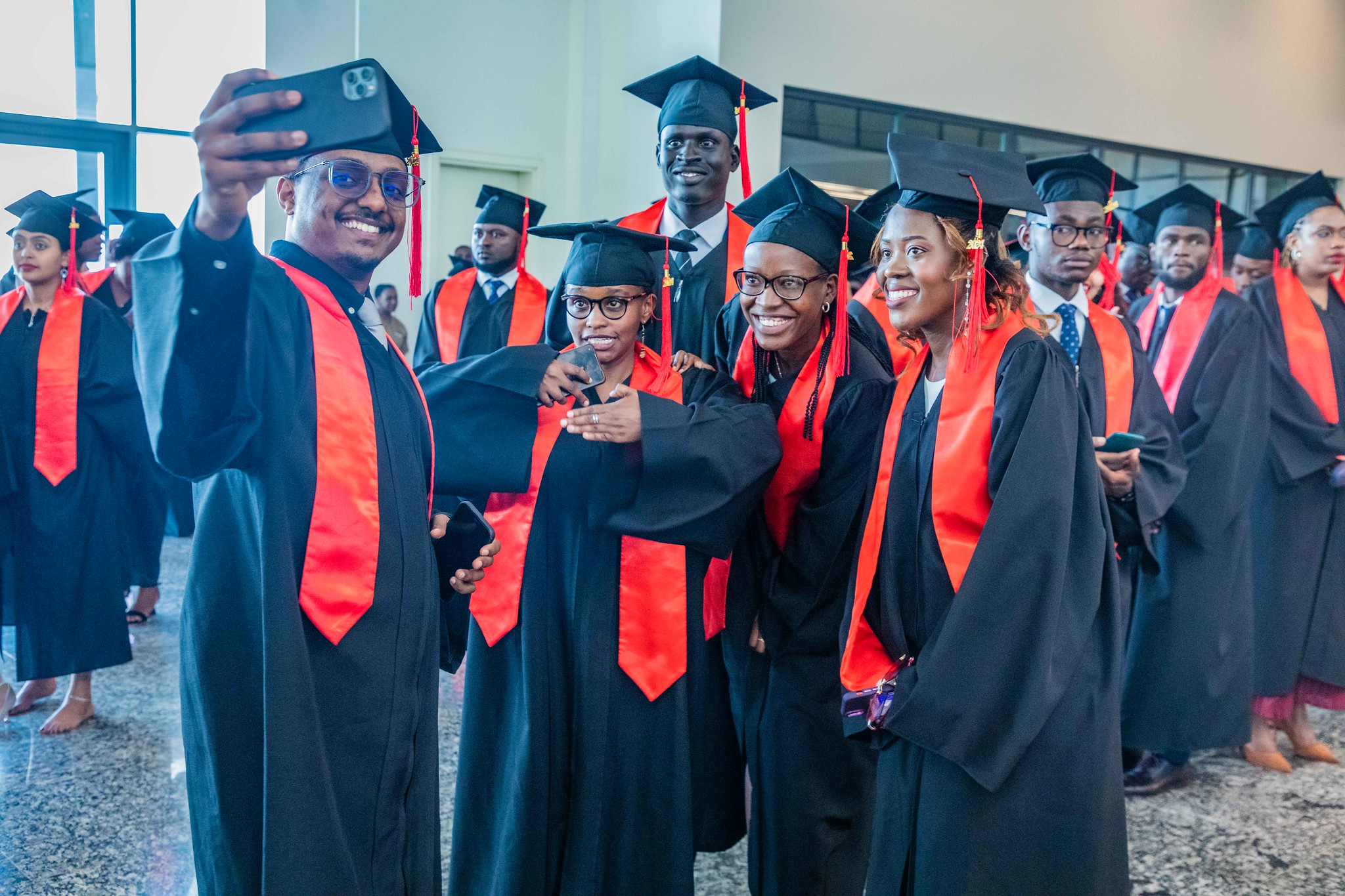
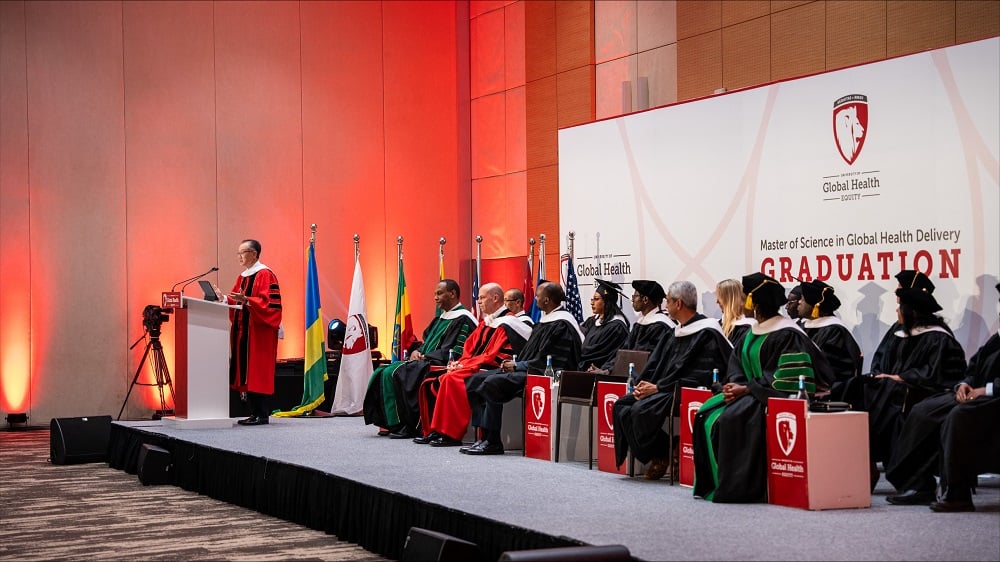
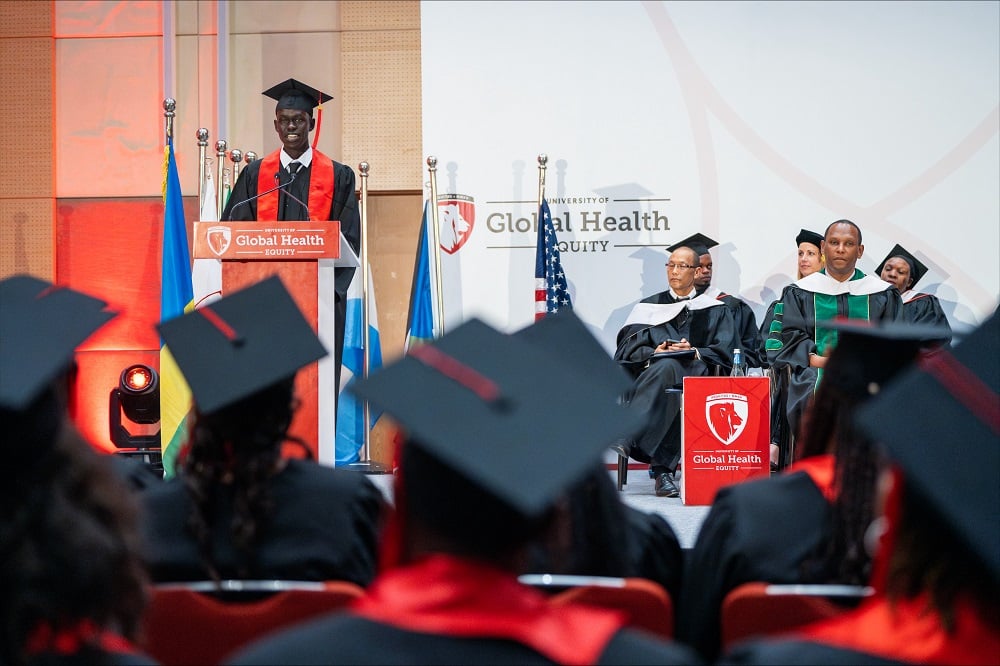
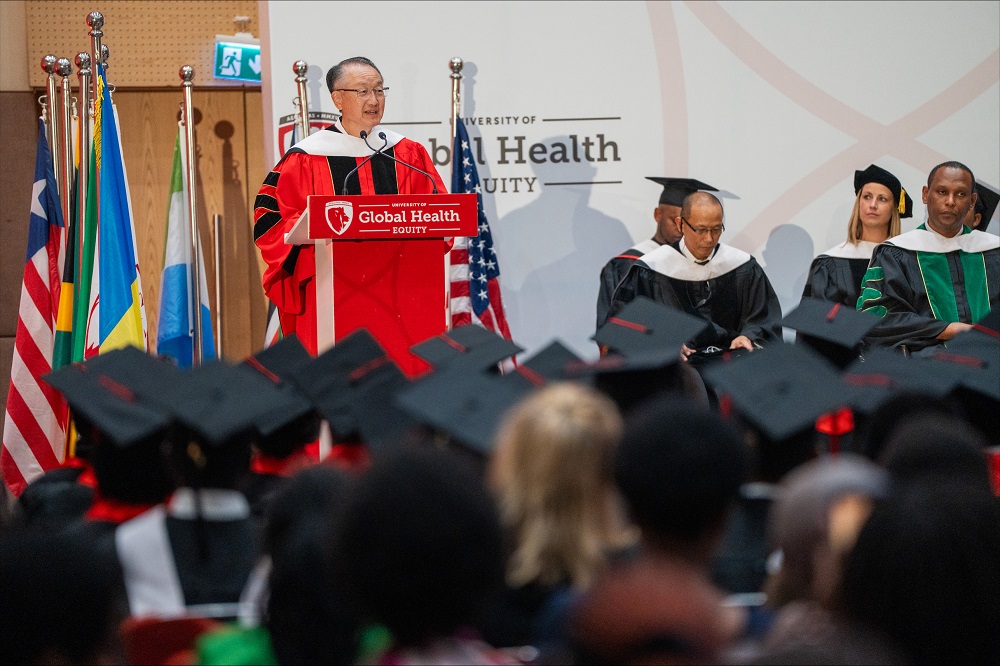
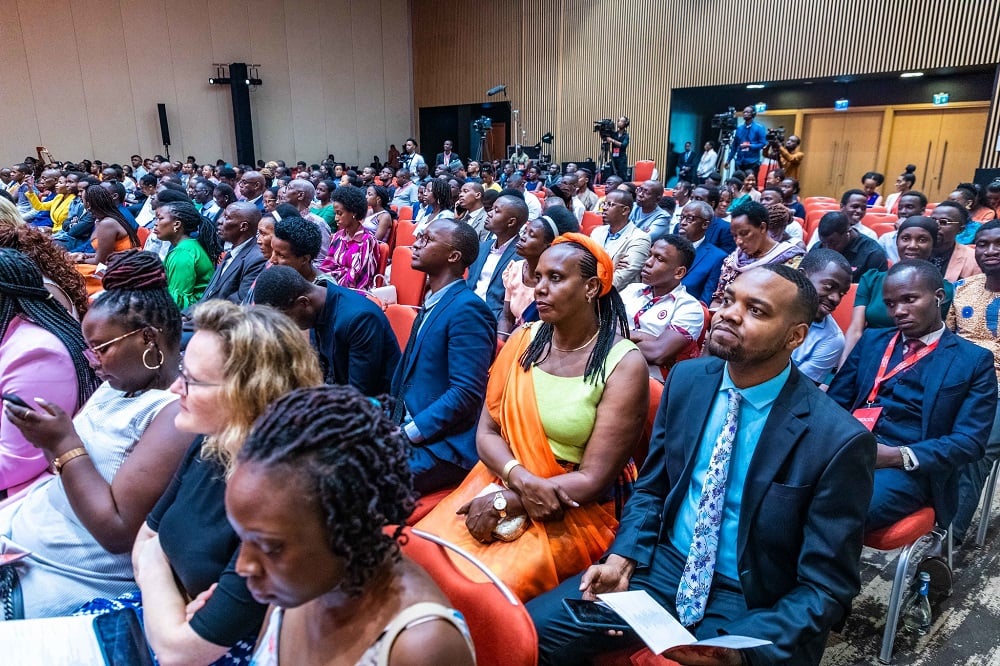
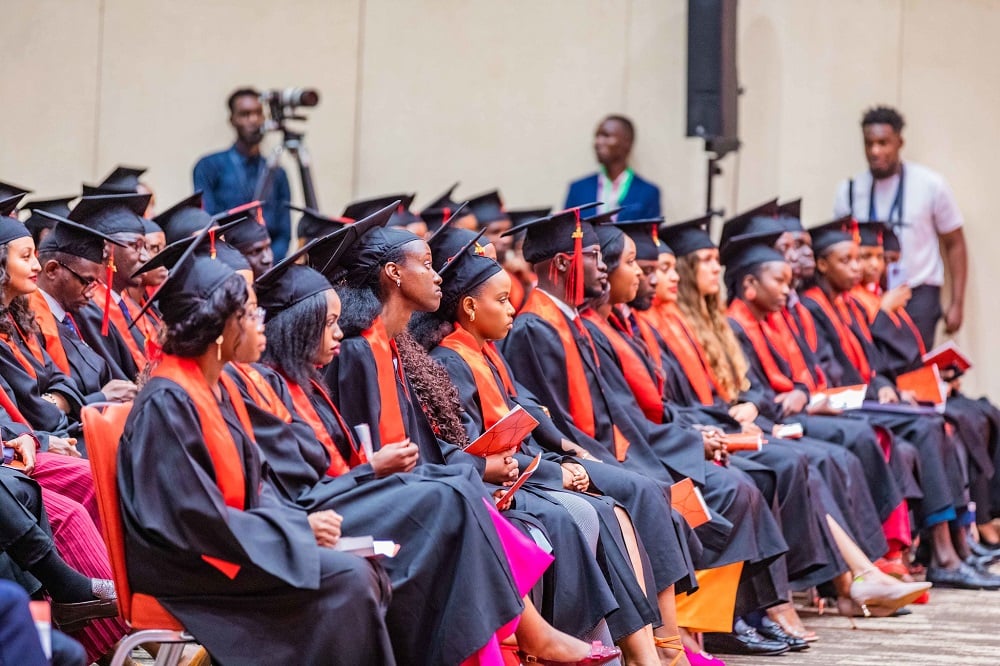
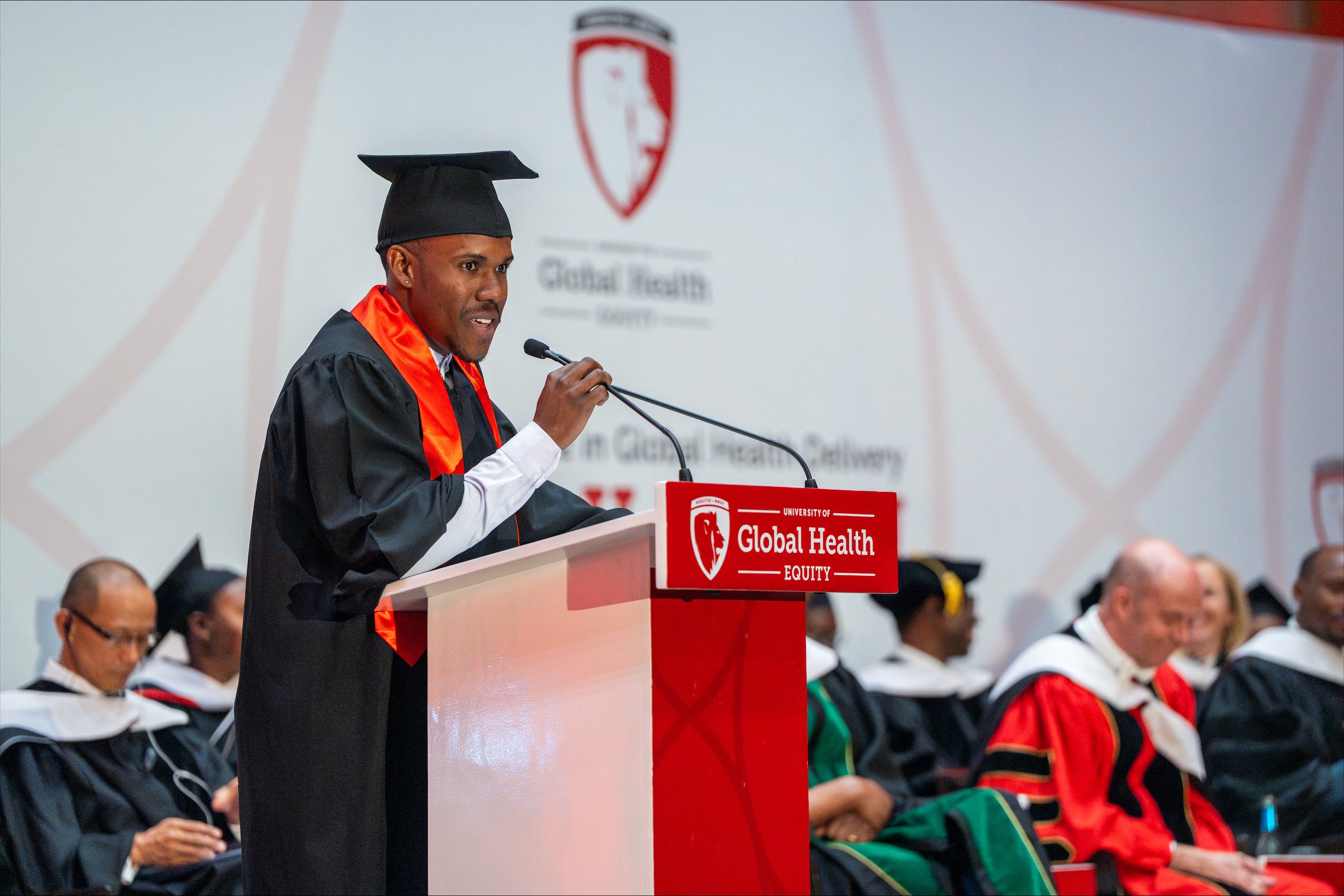
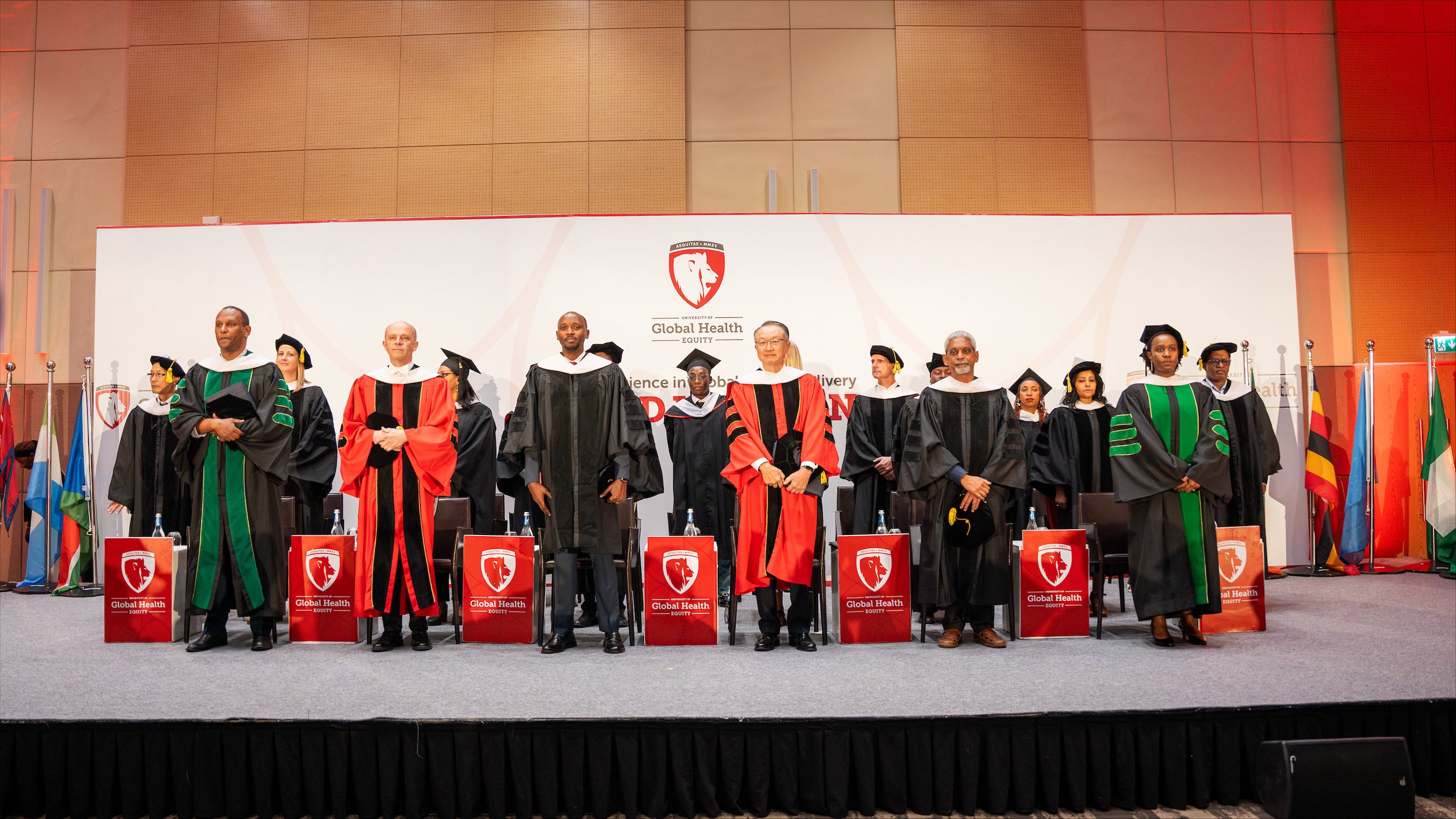
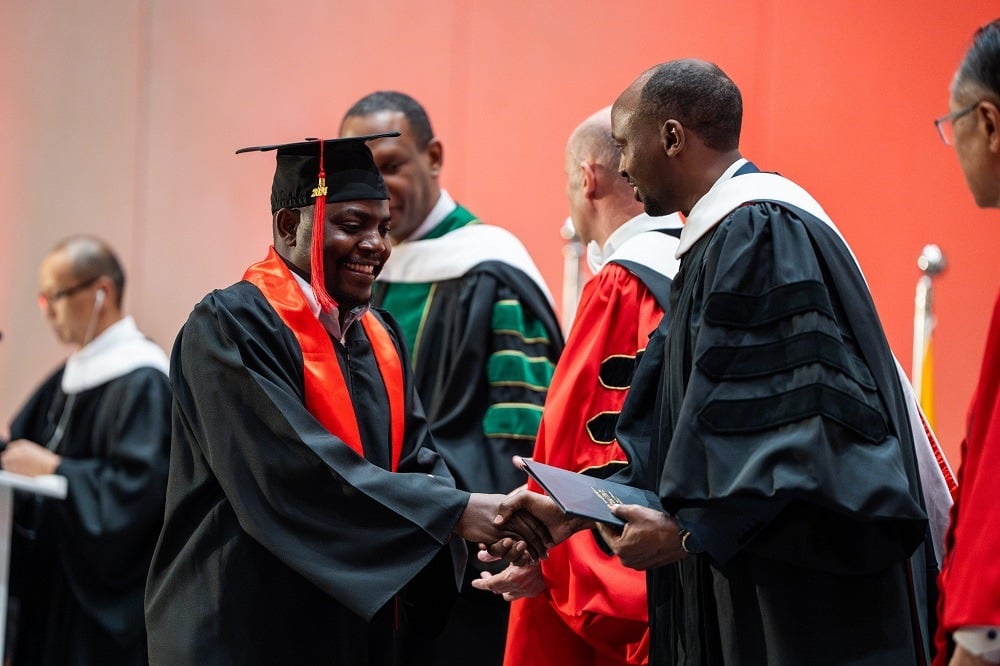
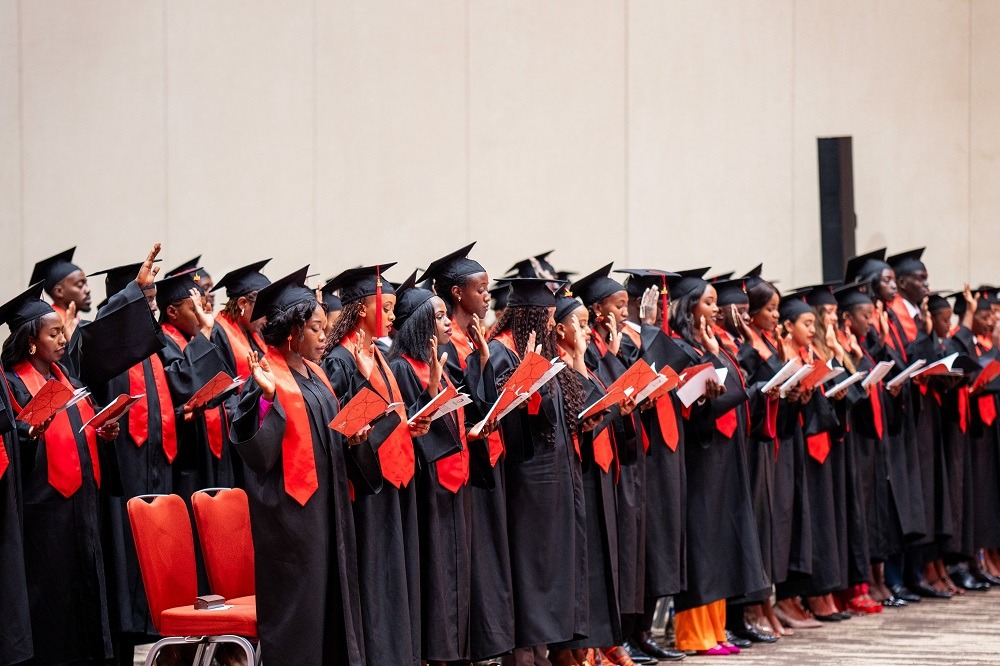
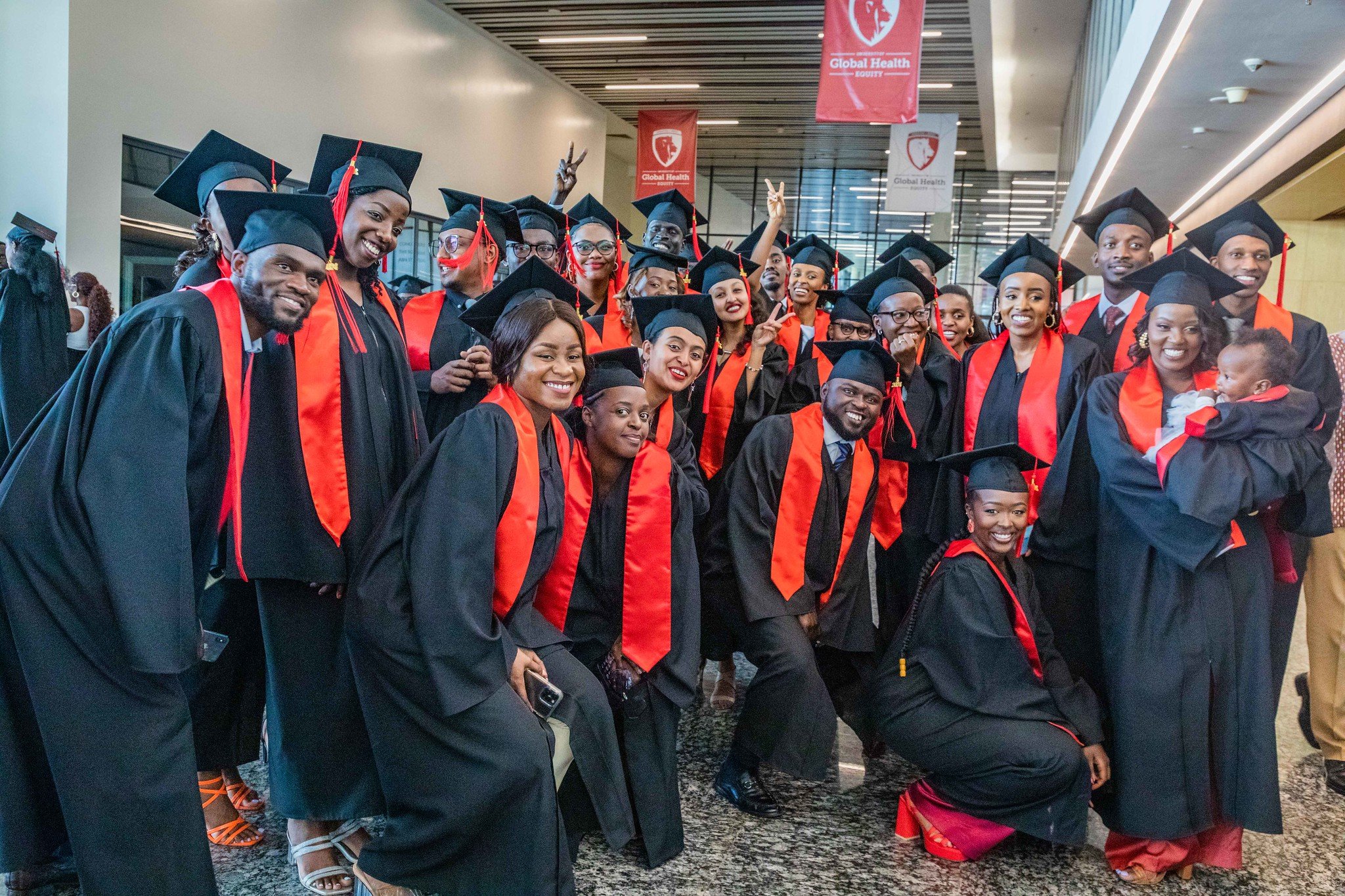
[ad_2]
Source link

